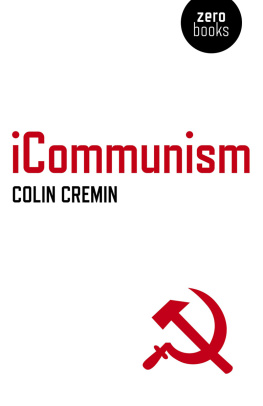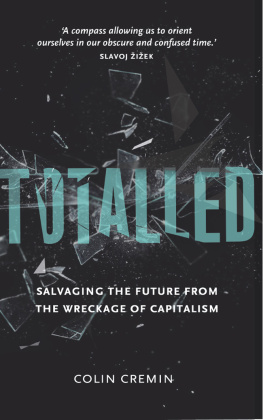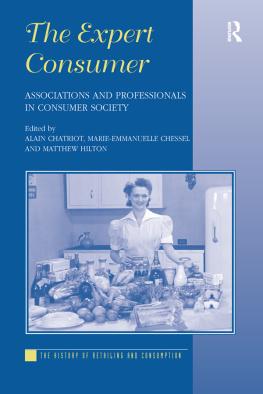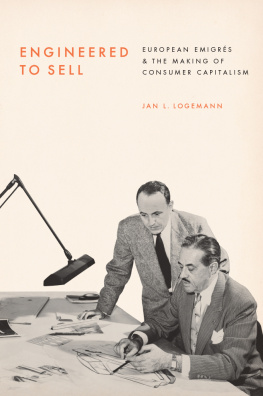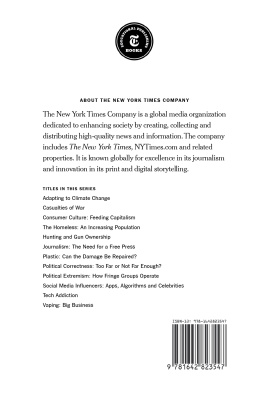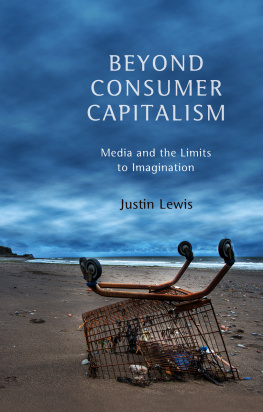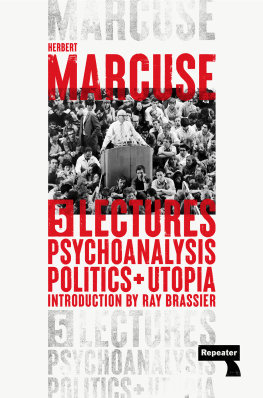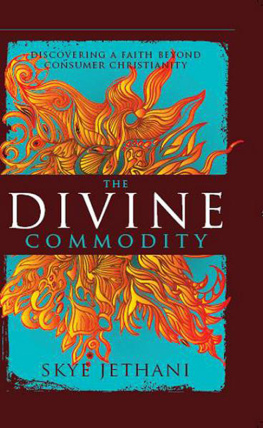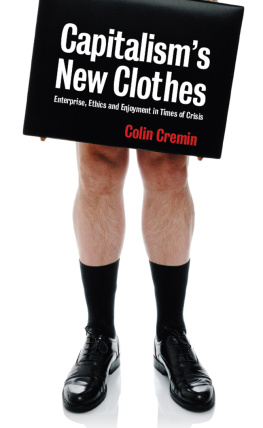iCommunism
Capitalism promised us shiny things
but only communism can deliver them
in a different, more liberating,
universal and sustainable form
iCommunism
Capitalism promised us shiny things
but only communism can deliver them
in a different, more liberating,
universal and sustainable form
Colin Cremin
Winchester, UK
Washington, USA
First published by Zero Books, 2012
Zero Books is an imprint of John Hunt Publishing Ltd., Laurel House, Station Approach,
Alresford, Hants, SO24 9JH, UK
office1@jhpbooks.net
www.johnhuntpublishing.com
www.zero-books.net
For distributor details and how to order please visit the Ordering section on our website.
Text copyright: Colin Cremin 2011
ISBN: 978 1 78099 229 7
All rights reserved. Except for brief quotations in critical articles or reviews, no part of this book may be reproduced in any manner without prior written permission from the publishers.
The rights of Colin Cremin as author have been asserted in accordance with the Copyright,
Designs and Patents Act 1988.
A CIP catalogue record for this book is available from the British Library.
Design: Stuart Davies
Printed and bound by CPI Group (UK) Ltd, Croydon, CR0 4YY
We operate a distinctive and ethical publishing philosophy in all areas of our business, from our global network of authors to production and worldwide distribution.
Acknowledgements
First of all I would like to thank the people at Zero for making this possible, including Trevor Greenfield, Stuart Davies and Tariq Goddard who was so quick and helpful in responding to questions. My gratitude to Anaise Irvine for reviewing the draft prior to submission and Siobhan McKeown for reviewing the submitted draft, both provided valuable comments without any hassle or delay. I would like to thank the Faculty of Arts at Auckland for providing a grant in support of this and other projects. This includes funding 3 excellent research assistants: Jai Bentley-Payne, Shanti Daellenbach and Aria Jones. I would also like to express a general indebtedness to all critical utopians and students of the courses I teach who, by thought, dialogue and action, have been an inspiration. I thank friends and colleagues in the Department of Sociology Steve Matthewman and David Mayeda in particular - for their contributions in creating a great working environment and their intellectual and emotional support during the period that I wrote the book. And, finally, thank you to Akiko Horita who adds the i' to my world.
0.0 Introduction
Even Marxists like to shop
I like the light that reflects on the calm surface of the River Tyne, the same light that reflects on the surface of my new iPad. I am drawn to streets bathed in neon, streets that by day are packed with the books, CDs, DVDs, and those fancy saucepans (the ones in bright colours with heavy bases) that I desire. A junkie to commerce, I was born watching adverts, and despite what I know about all the side effects of production - the exploited labour, waste and environmental degradation I still consume and consume in excess of my needs. Probably compensating for the anxieties advertisers have manipulated and the alienation at the core of my being, the bind I am in is near universal at least in the West. In short, I am duped by capital into wanting things I do not need, things that in various ways I have come to depend on even though the costs of consuming them are prohibitive beyond measure. Herbert Marcuse, a trenchant critic of consumerism writing in a more distant age of rising affluence, speaks to me and surely many of us when he wrote: the so-called consumer economy and the politics of corporate capitalism have created a second nature of man which ties him libidinally and aggressively to the commodity form. Commerce has turned us into half-lives, shells of a fuller self, and in our identities we have become, if the clichd phrase I shop therefore I am has any truth to it, mirrors of the things desired and consumed. Objects that fill our homes and imaginations fit our identities like gloves because our natures are so bound and stunted by relations of exchange. The so-called consumer society has not liberated the senses so much as retarded them. Austerity threatens their suffocation.
iCommunism is a book about consumption and desire, about the degradations of consumerism, the highs and lows, from affluence through to austerity. It is a book about the liberation of the senses, the freeing of the pleasure principle or Eros from the institutions of the reality principle: a reality of corruption, brutality, venality, exploitation and soon ecological catastrophe. It is a book on the dirty water in which consumers bathe with a title that steals the lustre from Phones, Pads and Pods, the fetishised lower case i, proposing to bring it under common ownership to liberate the senses from the commodity form and nature from its infernal logic.
All roads lead to austerity
Whereas consumption is a practice common to cave- and condo-dwellers, consumerism turns consumption into a religion that shapes how an entire people desire, think and socialise. The consumer has no class, gender or ethnicity, no place, depth or distinction. The word consumer , said Raymond Williams, is now habitually used by people to whom it ought, logically, to be repugnant. Not only does the word debase us, it reframes concerns about the world as questions of individual morality.
Consumers have become the scourge of society. It is our crass individualism, selfishness, and greed that so corrodes public life and has contributed to the depletion of planetary resources, the rise of sweatshops in India, and skyrocketing food prices in Africa. And now, by binging on easy credit, we are also to blame for the economic crisis. Six months after the collapse of Lehman Brothers investment bank, a Washington Post-ABC news poll reported that 7 in 10 Americans held consumers responsible for the economic crisis for having overextended themselves. Barack Obama echoed the sentiment two months later:
One of the causes of this economic crisis was that too many people were living beyond their means with mortgages they couldnt afford, buying things they couldnt pay for, maxing out on credit cards that they couldnt pay down Weve contributed to our own problems. Weve got to change how we operate. But these practices, theyve only grown worse in the midst of this recession, when hardworking Americans can afford them least.
Our hands had been caught in the till, and so it was time to take the punishment. Fast-forward to Greece in 2010. A commentator for the Guardian wrote in response to the popular mobilisations against the IMF bailouts that its time to take the pain we did this to ourselves and theres no choice but to put on a brave face and forge a New Greece. March 2011 saw the first national demonstration against public sector cutbacks in Britain. 57% of respondents to a survey commissioned by the Guardian thought the cutbacks were necessary. The pill of austerity might be bitter, but it is one that people seem all too ready to swallow, if not for economic reasons then at least for ecological ones.
Austerity is our past, the co-present and a possible future. It permeates through all class-based societies: primitive and advanced, capitalist, former communist, and prospective eco-rational. The liberation of the senses that Marcuse advocated has no chance, especially when the alternatives to capitalism appear just as (if not more) repressive than capitalism itself. The imagination lingers on images of bread queues and weatherworn faces from a really existing socialist past; an alternative that no sensuous being would aspire to. In the 21st Century there are only the faintest of echoes of utopia when, on Saturdays in town, more dogmatic socialists compete with cranks for the attention of passing shoppers. The imagination suffers from these assaults. It is beaten into submission by the tableau of colourful products in shop window displays. And if cynicism has blocked one utopia, the checkout has blocked another. Yet there is an alternative to what Mark Fisher calls capitalist realism the presupposition that the market is the only game in town and that alternative does not have to be mapped to austerity, whether justified on economic or ecological grounds. The alternative can be something altogether shinier and joyful.
Next page
